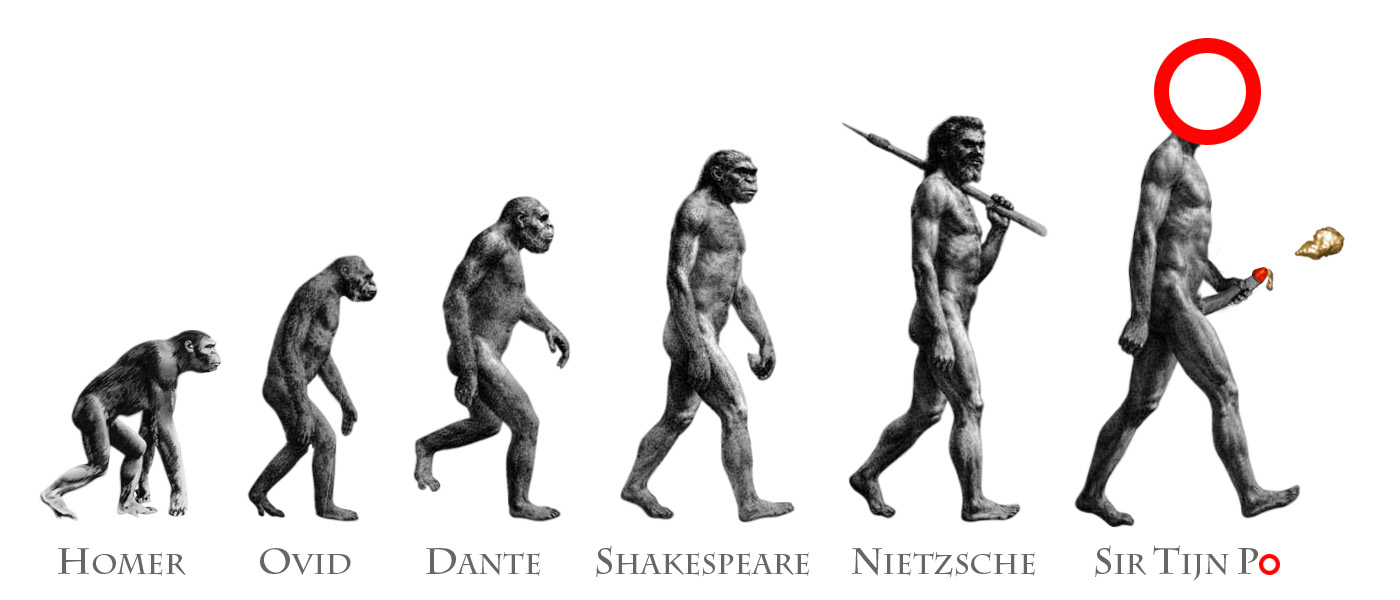I often tell my groupies that had I had the slightest interest in academia – complete with the steady pay, long vacations, loose students, sabbaticals, etc. – I could have written dry philosophical essays that would have been legendary for millennia to come.
Here’s the proof:
At the first philosophy class I ever attended (in 19, or 1993 according to the better-known system), the professor introduced to the millennia-old Liar’s Paradox (attributed to Eubulides of Miletus). I failed to understand the paradox. When I explained why, my professor whispered to me that he thought I had just solved it and should quickly publish it. I let out a loud laugh at academia and have never looked back since. I’ve since applied my energies to the far more colorful – if less secure – pursuit of my poetic beauty.
The paradox is a follows:
Take the following two sentences, A & B and try to assign a truth value to them, i.e., to say if they are true of false?
A: The following sentence is true.
B: The previous sentence is false.
Now if A is true, then B must be true. But B states that A is false, and if B is true, then A must be false. But that, in turn, makes A false, which makes A true again. So the paradox is, are sentences A & B true or false?
(This Paradox can also work in reverse:
A: The following sentence is false.
B: The previous sentence is true.)
My immediate question (which appears to have solved this ‘mystery’) was as follows:
‘But Mr. Professor, there doesn’t seem to be a logical or linguistic paradox here at all, but rather a series of deceiving gibberish.
You can’t attach a truth value to something that doesn’t exist. So when you start writing ‘The following sentence is…’ and you prepare to add a truth value, you have to analyze that which you’re attributing the truth value to, so you have to wait for the following sentence to appear. But the following sentence can’t appear, since it begins with the words ‘The previous sentence is…’ but the previous sentence doesn’t exist yet, since it’s not finished yet; there is simply no previous sentence to talk about yet.
And if you say that you can have B in your mind while uttering or writing A, so that it already exists while you’re commenting on it in A, that, too, falls apart since the sentence you’re thinking about namely, ‘The previous sentence is false.’ is an absurd sentence, since at the time that you’re thinking it, the ‘previous sentence’ hasn’t even been written yet, and, thus, can’t possible have a truth value yet.
And just like the sentence, ‘The following sentence will smell like a rose.’ can’t be true or false, so, too, the sentences ‘The following sentence will be true.’ or ‘The following sentence will be false.’ can’t be given truth values since they don’t have any logical value.
This doesn’t diminish the value or power of truth values, nor does it provide any logical or linguistic paradox. They’re simply collections of words resembling linguistic sentences, but more suited to the more flexible world of poetry.
If you try to improve the paradox with the following A & B:
A) The following sentence will be true.
B) The previous sentence was false.
or
A) The following sentence will be false.
B) The previous sentence was true.
a very similar solution applies. They get caught in the same kind of circle waiting forever to be completed, and since they are never complete they can never be attributed truth values.
